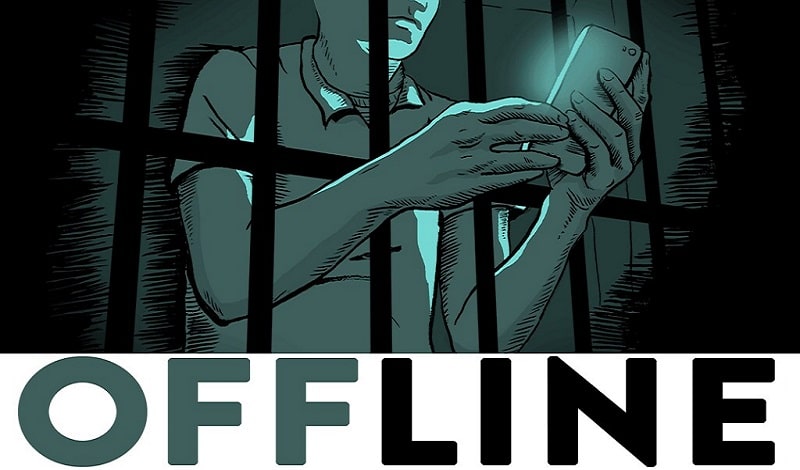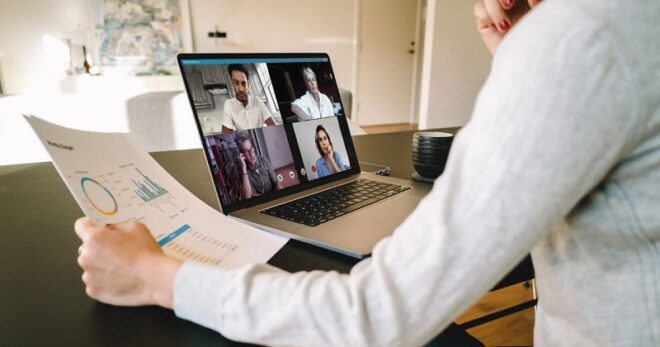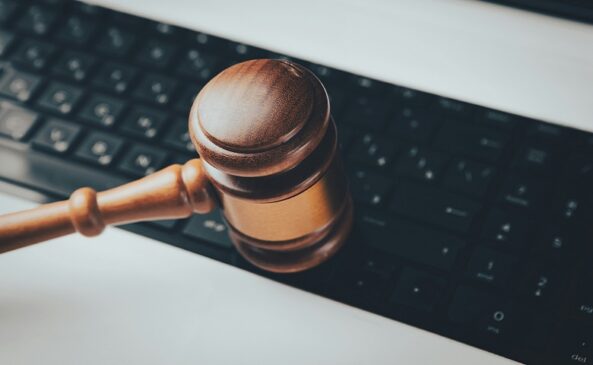How to Stay Safe Offline by Using Online Tools

TechsPlace | We spend a good number of our daily hours online these days, be it in the office or at home. More importantly, we do everything from conducting regular financial transactions to accessing sensitive business information via the cloud, which makes cybersecurity an essential part of keeping our money and data safe. While all of that is true, the nearly omnipresent nature of the web has made us somewhat lax about our offline security in real life.
It is easy to forget that there is a big, bad world out there where more dangerous threats might be lurking just around the corner. Now, the question is, can the internet help us stay safe in the real world as well?
Information, Connection, and Communication
As it turns out, the web can indeed play a huge role in keeping us safe, even outside the virtual world, as long as we know how to. Information, connection and communication are the three primary functions the internet serves, and we can use them all to maximise our safety in the real world.
Get to Know People beyond their Appearances: Information
The internet is full of information about nearly everything you can think of; it’s just that some of it are harder to access.
For example, police department records, criminal records, incarceration records, etc. are all publicly accessible information, but unless the person is seriously infamous, you will have a hard time tracking down those public records about them. To know whether your upcoming date has had a run-in with the law or not, check their police department records on publicrecordsreviews.com first. They even have a handy mug shot search that you can use to find out about someone’s real identity if you think they are using a fake one.
The same goes for shady neighbours and creepy colleagues as well; all you need to do is search through their police department records or sheriff records to know whether there is any real need to be more careful around them. This can potentially save you and others from being assaulted, robbed, or worse.
Let the Right People Know Where You Are in Real Time: Connection
The connection comes in next, and this is an aspect of the internet, which is a double-edged sword. Staying connected, or to be more precise, being tracked, can be a safety measure or a danger to deal with, depending on who is tracking you. As safety in the real world via online means is the theme here, we will concentrate on that part for now, but check out this post to know how you can disable unwanted and potentially dangerous Smartphone tracking.
The power of live A-GPS tracking can ensure your safety by letting family members, friends and even the police stay aware of your exact location in real-time. If the hired cab takes a few turns you disagree with and doesn’t listen to you, let your close ones know about it immediately via text so that they can start tracking your location. Be it in your city, or in a foreign country; proper tracking can indeed save lives.
Make sure that the phone tracking is on and you have connected family members in advance. Otherwise, they won’t be able to help you in such times of emergency, should it ever come to that. Instant messengers such as WhatsApp also offer location sharing, but it will not always work as well as in-built A-GPS tracing.
Staying in Sync with the Latest Updates: Communication
Communication is a broader term than the other two, and theoretically, it includes both. After all, online communication can be defined as the delivery of information via a web connection. That being said, we are going to be more precise here, and discuss the impact of mass media and personal communication on our safety in the real world.
If we were to take the example of Covid-19, which is currently the biggest and the universal threat to deal with, know that media communication about the latest developments regarding the virus’s trajectory, curve, most infected zones, vaccination possibilities and potential cures is quite essential. You could unknowingly venture into a red zone where your chances of contracting the infection are much higher, but that is much less likely to happen when you are in sync with the latest media and government communications.
The potentials of the internet are vast when it comes to ensuring offline safety. We have briefly introduced the concept here, but there is a lot more than you can do with the web to keep yourself and your close ones safe out there. We can order most things online and sanitise them properly to reduce our chances of exposure to the virus, or we can seek medical aid via video calls to keep us under medical supervision even in these troubled times. The possibilities here are tremendous and promising, which will improve further in due time.
This article is contributed by guest author on techsplace.com.





